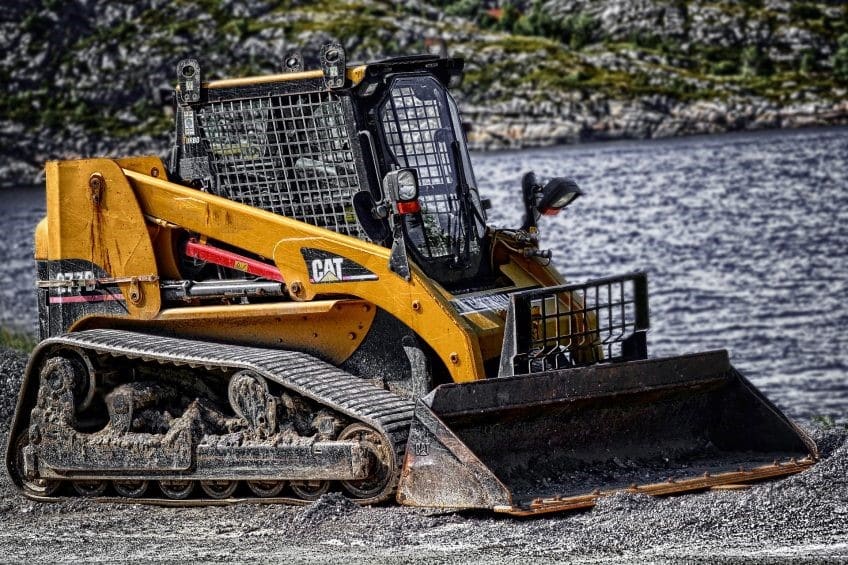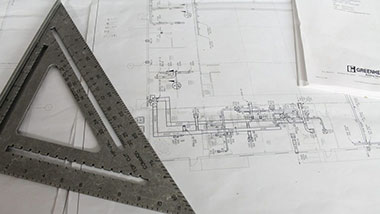Open And Obvious Danger Doctrine Does Not Apply To Unreasonably Dangerous Conditions
Personal InjuryIn the case of Trainor v. PNC Bank (Case Number 5D-4536), the Fifth DCA in Florida held that a pothole, despite being an open and obvious condition, did not discharge the duty to maintain the premises in a reasonably safe condition.
Facts Of The Case
The plaintiff in this personal injury case tripped and fell into a pothole in the parking of a bank. The bank was already closed at the time that the plaintiff arrive but the outdoor ATM machine was still available to make deposits. After getting out of her car, the plaintiff had to walk through construction barricades and follow a sign with an arrow pointing to the ATM machine. The pothole was on the route to the ATM machine pointed out by the signs. She then fell causing a fracture to her left foot and injured her neck and back. In her testimony, the plaintiff admitted that she did not see the pothole before falling but that there was nothing prohibiting her from looking down to see the pothole.
Liability For Premises Liability In Florida
The plaintiff sued the bank for a breach of the duty to warn and a breach in the duty to maintain the property in a reasonably safe condition. The trial court granted summary judgment in favor of the bank and the case was appealed.
On appeal, the Fifth DCA recognized cases where invitees on land should be able to perceive things that would be obvious to them upon the ordinary use of their own senses. However, while the open and obvious nature of a hazard may discharge a landowner of their duty to warn, it does not discharge the landowner of the duty to maintain the property in a reasonably safe condition.
The Fifth DCA recognized a longstanding legal tradition that these two legal duties (duty to warn and duty to maintain) are separate and distinct from one another. In this particular case, the obvious danger doctrine eliminated the duty to warn, however, the jury gets to decide whether the pothole was unreasonably dangerous or not.
Common Defenses To Slip And Fall Accidents
The “open and obvious” doctrine is a frequent defense raised in slip and fall cases in Florida. The other common defense (perhaps the most common defense in all personal injury cases) is the comparative fault of the person who fell. This is why the defense asked the plaintiff in testimony whether there was anything that would have prevented her from seeing the pothole. The implication of this testimony is that you were not paying full attention to where you were going and, therefore, would not have fallen if you had been looking. The insurance company will attempt to shift blame for your slip and fall by saying it was your fault.
Legal Commentary For Florida Slip And Fall Cases
As a Florida personal injury attorney, I suspect that one of the reasons why this case was decided the way that it was is because of the construction barricades and the signs pointing to the ATM. Had the parking lot simply been wide open with no ongoing construction or signs, then the result may have been different. Therefore, the court was likely questioning why the construction contractors chose a path to the ATM that included a pothole rather than either going around or filling the pothole.
It is important to remember that this case does not mean that every pothole in every parking lot is now going to be considered an unreasonably dangerous condition. However, it is a reminder to plaintiffs in Florida that they should not be discouraged from bringing a case for a slip and fall on a pothole just because it is “open and obvious.” While a trial judge may use the law to dismiss a claim for a failure to warn, a trial judge should not dismiss a claim for an injury due to an unreasonably safe condition.
Contact A Lakeland Personal Injury Attorney About Your Slip And Fall Case
If you have been injured in a slip and fall accident in Lakeland, Florida, you should contact a Lakeland personal injury attorney for a free consultation to discuss the facts of your case and whether we think that we can recover money for you. Call today to schedule your free case review.


